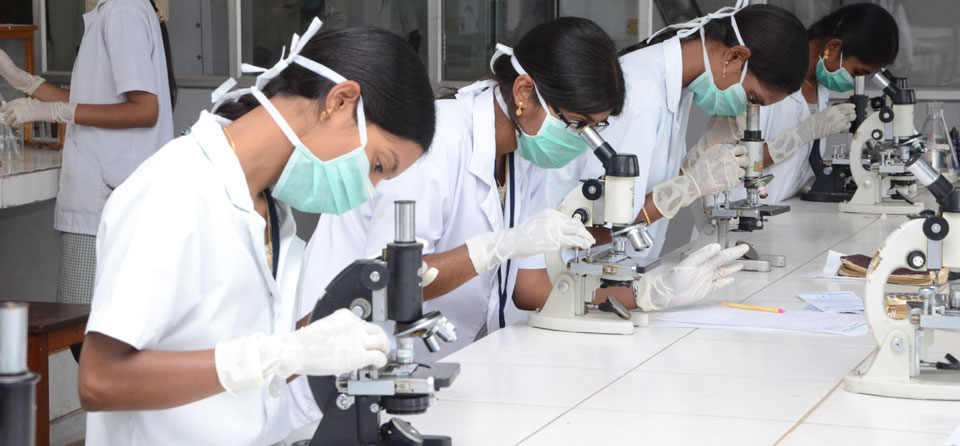When it comes to paramedical education, most students wonder – “Should I focus more on theory or practical training?” The truth is, while books give you knowledge, it’s hands-on training that truly prepares you for real healthcare situations.
In today’s healthcare industry, patients trust paramedics not just for what they know but for how quickly and effectively they can act. That’s why practical training in paramedical courses is far more impactful than just relying on books.
📌 1. Real-Life Patient Handling
Textbooks can explain symptoms and treatments, but only practical exposure teaches you how to handle patients with care, compassion, and confidence. Whether it’s assisting in dialysis, managing emergency cases, or supporting doctors in radiology labs, you learn best by doing.
https://www.diagnopeinparamedical.com/👉 If you’re exploring career options, check out paramedical training in Pune.
📌 2. Builds Confidence and Speed
Healthcare often demands quick decisions. Hands-on training helps paramedical students build the speed and accuracy needed to manage emergencies. You can’t get that from books alone.
📌 3. Exposure to Latest Technology
Modern diagnostics and treatments involve advanced machines like MRI, CT Scan, and X-rays. With practical training, you don’t just read about them—you operate them under expert supervision, becoming job-ready faster.
📌 4. Better Career Opportunities
Employers today look for skilled professionals who can start working from day one. A candidate with practical experience is always preferred over someone with only theoretical knowledge.
If you’re serious about building a strong career, explore career-focused paramedical programs.
📌 5. Bridging the Gap Between Knowledge and Action
Books give you information, but training transforms that information into real-world skills. This balance is what makes you an efficient paramedical professional.
✅ Final Thoughts
In paramedical education, books are important—but practical training is the real game-changer. It equips you with the skills, confidence, and adaptability that today’s healthcare industry demands.
So, if you’re planning to join the healthcare sector, make sure you choose an institute that offers strong practical training along with theory.
👉 At Diagnopein Paramedical Institute, we focus on hands-on training, expert faculty, and real hospital exposure to ensure you are career-ready.
❓ Frequently Asked Questions (FAQs)
1. Why is practical training important in paramedical courses?
Practical training allows students to apply theoretical knowledge in real-life healthcare settings. It helps them build patient-handling skills, learn emergency response, and gain exposure to modern medical equipment.
2. Can paramedical students succeed with only book knowledge?
Book knowledge provides the foundation, but without practical training, students lack the confidence and skills to handle patients and equipment. Both theory and practice are essential, but hands-on experience is what makes a paramedic job-ready.
3. What kind of practical training is included in paramedical programs?
Practical training often includes hospital internships, diagnostic lab practice, handling medical equipment like MRI and X-ray machines, assisting in dialysis, and emergency care simulations.
4. Does practical training improve career opportunities in paramedical?
Yes, definitely. Employers prefer candidates who can work independently from day one. Students with hands-on training have better job prospects compared to those with only classroom knowledge.
5. Where can I get the best paramedical training in Pune?
Institutes like Diagnopein Paramedical Institute provide the best paramedical training in Pune with real hospital exposure, expert faculty, and career-focused programs.

